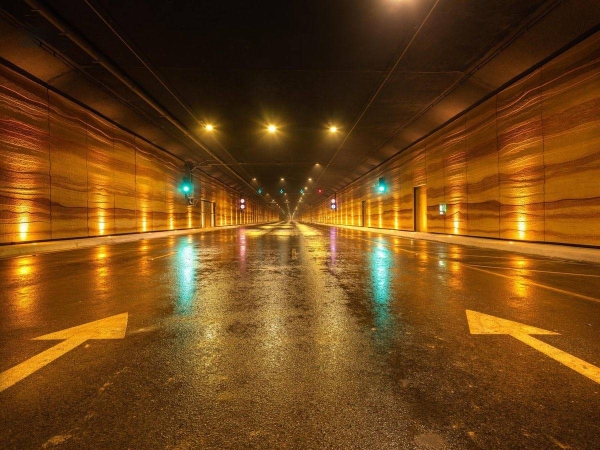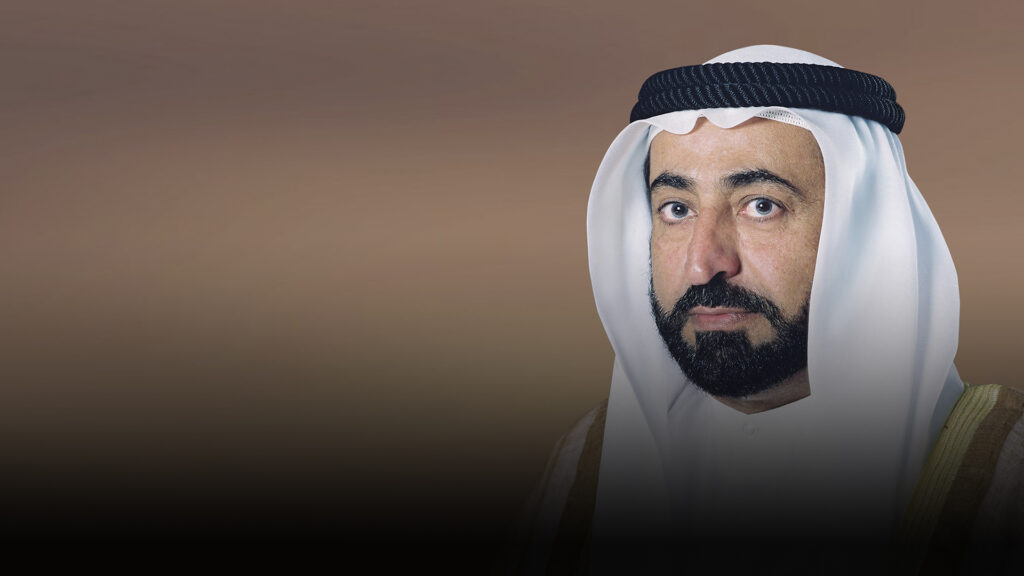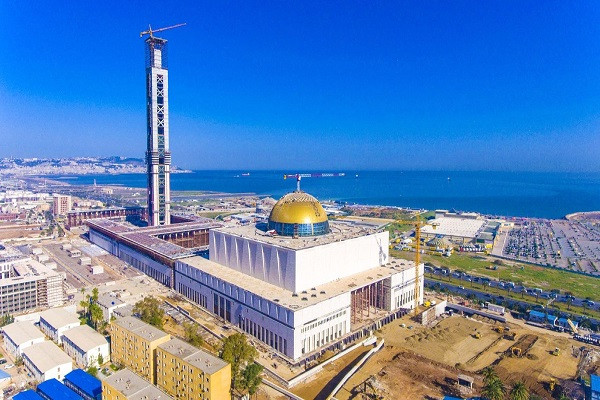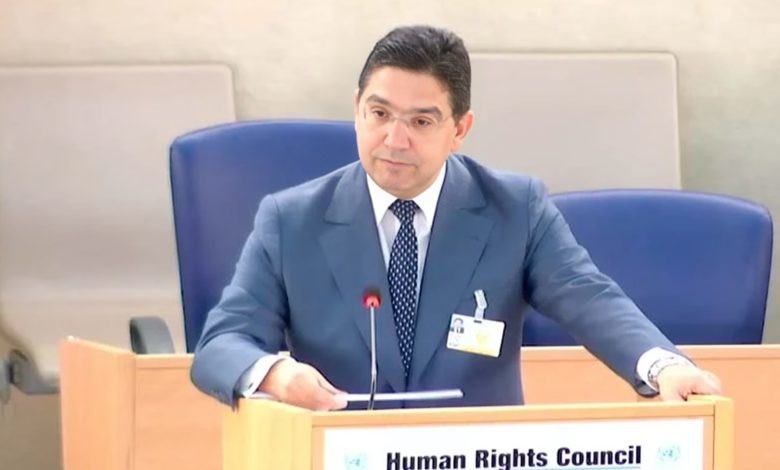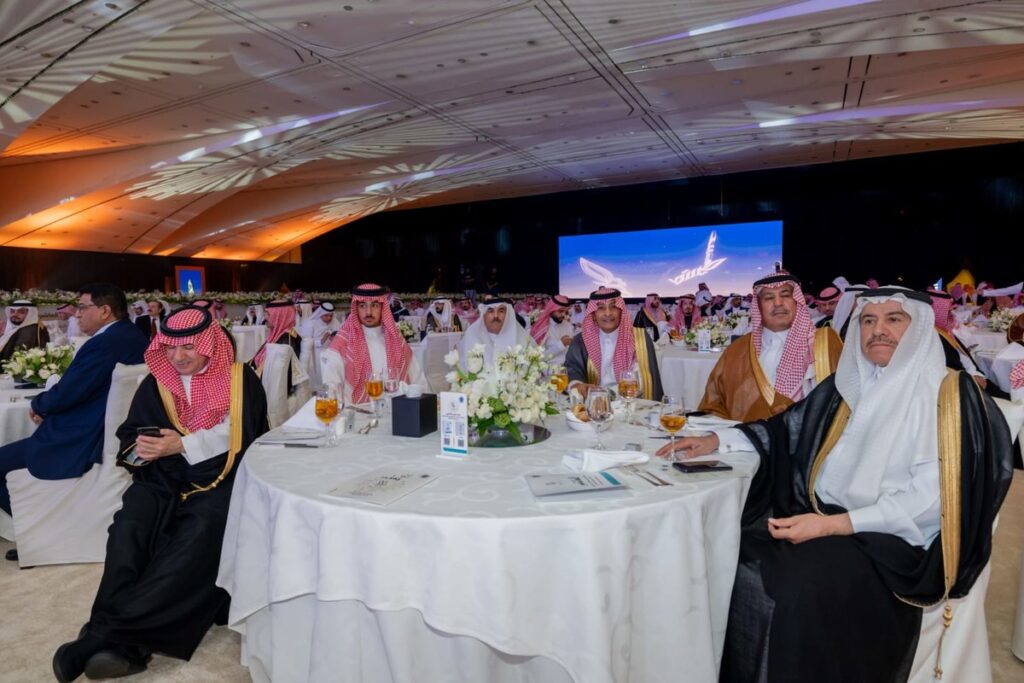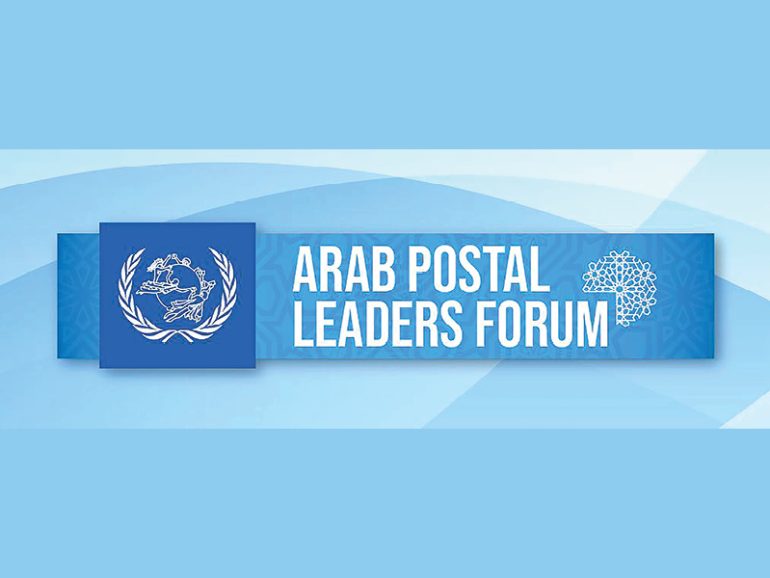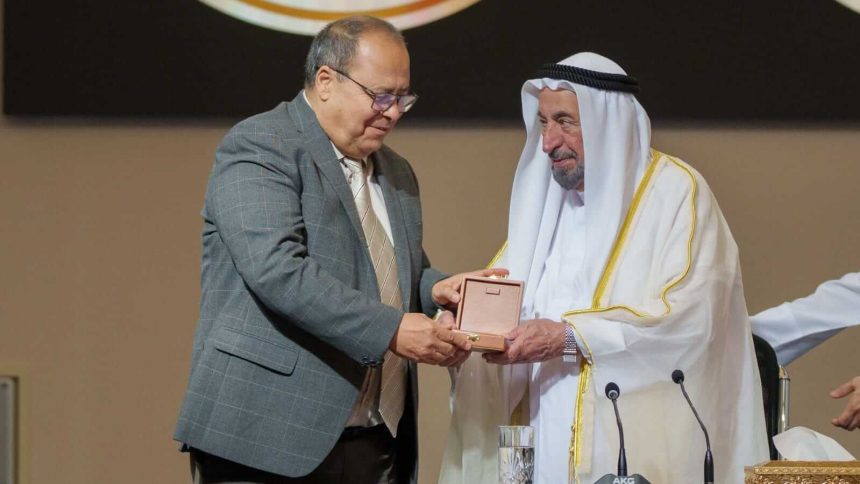Masters of relaxation: The record-breaking freedivers of Egypt.
When the countdown began, Khaled Elgammal took one final, deep breath before descending without any breathing equipment into the ocean. One minute and 29 seconds later, still holding his breath, the Egyptian athlete had free-fallen to 102 metres (335 feet) – a national record.
But for it to count, he had to reach the surface again. He turned at the bottom of the line and began his ascent – focusing on deep relaxation and the feelings of the surrounding water. In all, he had held his breath for two minutes and 50 seconds.
Elgammal is Egypt’s deepest freediver, and his remarkable achievement set a new national record at the Sharm el-Sheikh competition in October 2023.
“When I came to the surface, it was bliss. It felt amazing,” Elgammal recalls.
Freedivers like Elgammal rely solely on the ability to hold their breath while diving underwater. Through training, these divers master relaxation to slow down their heart rate, allowing them to stay beneath the surface without breathing equipment for minutes at a time. Very deep dives like the one he did recently usually require divers to hold their breath for around three minutes at a time.
The practice of freediving can be traced back to traditional fishing in communities like Asia’s Bajau people, where coastal groups have used freediving to hunt underwater for 200 years. As a sport, freediving is now undergoing record growth, attracting people looking to connect with the ocean and better understand their body’s abilities.
As for Elgammal, he says he was captivated by the unique sensations of diving with a single breath.
“I always say that scuba diving is everything in slow motion; you’re moving slow, breathing slow, and the sound of the bubbles is hypnotising, so everything is in slow motion. Freediving is like you’ve paused… and are the only thing moving down there. So you give yourself the chance to sink within.”
The sport is now growing in popularity around the world. According to AIDA International rankings, 2,889 freedivers registered to compete in competitions in 2023, more than twice the number a decade earlier.
The freediving organisation told Al Jazeera that around 20,000 people have become certified freedivers in recent years. Scuba Schools International (SSI) has similarly seen a steady 10 percent annual rise in the number of people earning their first freediving certification.
Many of these certifications are awarded in Dahab, a bohemian enclave on Egypt’s Red Sea coastline which has become home to numerous freediving schools and elite instructors. Dahab featured a shoreline of palm trees and traditional Bedouin homes just a few decades ago. While still considered a small town today, it boasts a thriving beachfront of Egyptian and international restaurants and attracts a growing crowd from Cairo, Europe and Asia. A handful of luxury hotels have emerged but Dahab still maintains an authentic charm – with herds of goats freely roaming the streets.
It’s also one of the world’s best-known freediving hotspots due to its year-round water conditions and proximity to Egypt’s Blue Hole. Just 20 minutes away by car, the Blue Hole is a famous reef-lined sinkhole accessible from the shore.
Here, divers can descend to around 90 metres (295 feet) – almost the height of the Statue of Liberty.
A heightened state of self-awareness
But what has contributed to the rise of freediving?
The sport is linked to several mental and therapeutic benefits. A 2013 study by academics at Atilim University in Turkey, found that freedivers tend to exhibit lower stress and anxiety levels than non-freedivers.
Carlos Diezel, the manager of Dahab Freedivers, a school that trains divers, explained that much of this is down to “breathwork”.
“The fact that we have to pay attention to our breath, our mind and relaxation when we go down teaches us awareness,” he says. “I believe that part of the problem, statistically speaking, for mental health issues is related to the lifestyle in modern society, that’s leading people to forget or block any kind of self-awareness.”
This heightened state of self-awareness is something that dedicated freedivers like Elgammal strive for. “I’m always aware now of what I’m feeling, what I’m sensing,” he says. “Freediving helped me to connect with myself.”
Freediving’s connection with nature and immersion in water may also contribute to its mental health benefits. Diezel says the most common reasons people sign up for freediving courses are a fascination with the ocean and learning more about themselves.
“They grasp this connection with themselves when you hold your breath and go deep,” he said, adding that students consider it “a ‘deep’ experience – sorry for the pun”.
Social media equally plays a role in bringing freediving to the forefront. Many freediving pictures allude to a sense of freedom, featuring divers among marine life and colourful reefs. The hashtag #freediving has amassed more than 3.5 million mentions on Instagram so far. “It’s getting a lot of attention as it’s quite photographic. Some videos are just mesmerising,” Diezel adds.
Diving safely
Within the existing freediving community, the sport’s surge in popularity brings added responsibility. Considered an “extreme sport”, freediving can be risky if safety protocols aren’t followed, or divers push themselves beyond their physical limits. They can experience oxygen deficiency symptoms like hypoxia and blackouts, as well as pressure-related risks like a ruptured eardrum, an example of a barotrauma.
Contrary to portrayals such as Netflix’s The Deepest Breath, divers losing consciousness – known as blackouts – are relatively uncommon, particularly in recreational diving at shallower depths.
Freedivers are also trained to rescue a fellow diver safely as part of their earliest training, learning to monitor each dive, spot signs of distress and how to react. Under the buddy system, which helps to ensure freedivers remain safe, divers never dive alone.
Tamsyn Signe is a professional freediver who champions safety whenever she enters the water. She has worked as a safety freediver in multiple competitions, and it’s her role to ensure the competing divers make it to the surface safely. Last year, she saved a diver’s life 30 metres (98 feet) underwater in a rare example of a deep rescue.
“As he got in front of me, the lights went out,” Signe recalls, describing the moment the ascending freediver just stopped moving after losing consciousness. At 30 metres below the surface, Signe was also holding her breath. However, she wasn’t thinking about the carbon dioxide building in her body – she had a job to do.
“Everything really slowed down,” she says. “I knew I was his best shot at being ok.” As she’s trained to do, Signe closed his airways with her hands and started finning (swimming up with flippers) with him toward the surface – a tricky job with the added weight of another diver. The competitor regained consciousness after reaching the surface, partly thanks to Signe’s quick thinking and supportive team. He would later reach out and thank her for saving his life.
Signe says the rescue changed her life too, making her more observant and prepared for unexpected risks, but it’s part of the job. Most freedivers believe that practising safety in freediving, such as never diving alone and being trained for rescue, is crucial to the sport’s survival.
But this is not just a tick-box exercise; safety also forges close bonds within the community. “When you go through an experience with people where you could potentially die, there’s some sort of connection that happens that is way deeper and intimate than normal. And those friendships do last a lifetime,” Signe adds.
Responsibilities beyond the breath-hold
Alongside valuing safety, Zahraa El-Husseiny, a freediving instructor and Egyptian national record holder, believes that protecting our oceans is also an important responsibility which comes with freediving. Many freedivers collect plastic they find floating in the water; others, like Diezel, stopped eating seafood after learning about the human impact of overfishing.
As Earth’s oceans face increasing pressures from pollution and global warming, those who rely on the sea will play a vital role in future conservation. First drawn to freediving because she was fascinated with marine life, El-Husseiny tries to teach others about respecting the ocean through her sport.
“We are very connected to the ocean, and we owe it to this to protect it. We know how essential it is to move freely underwater, so… we need to protect it,” she says.
For many, freediving offers a path for self-discovery and a deeper connection to the natural world. As a sport, it’s poised for continued growth in the future.
Freediving isn’t reserved for a select few either, and freediving communities are expanding in many coastal locations. “Everyone can learn how to hold their breath,” El-Husseiny adds.
“Everyone can learn how to enjoy the ocean and the peacefulness of diving. I would like people to know that this is something they can do, learn and progress in”, she says.
Passing on the love of this sport is something many freedivers take seriously. When Elgammal isn’t training for record-breaking dives, he’s working as an instructor and coach. He similarly urges those interested in the sport to “be curious”.
“Relax, enjoy, trust. Think about what you like and try to visualise that feeling.”
source/content: aljazeera.com (headline edited)
____________
___________
EGYPT
